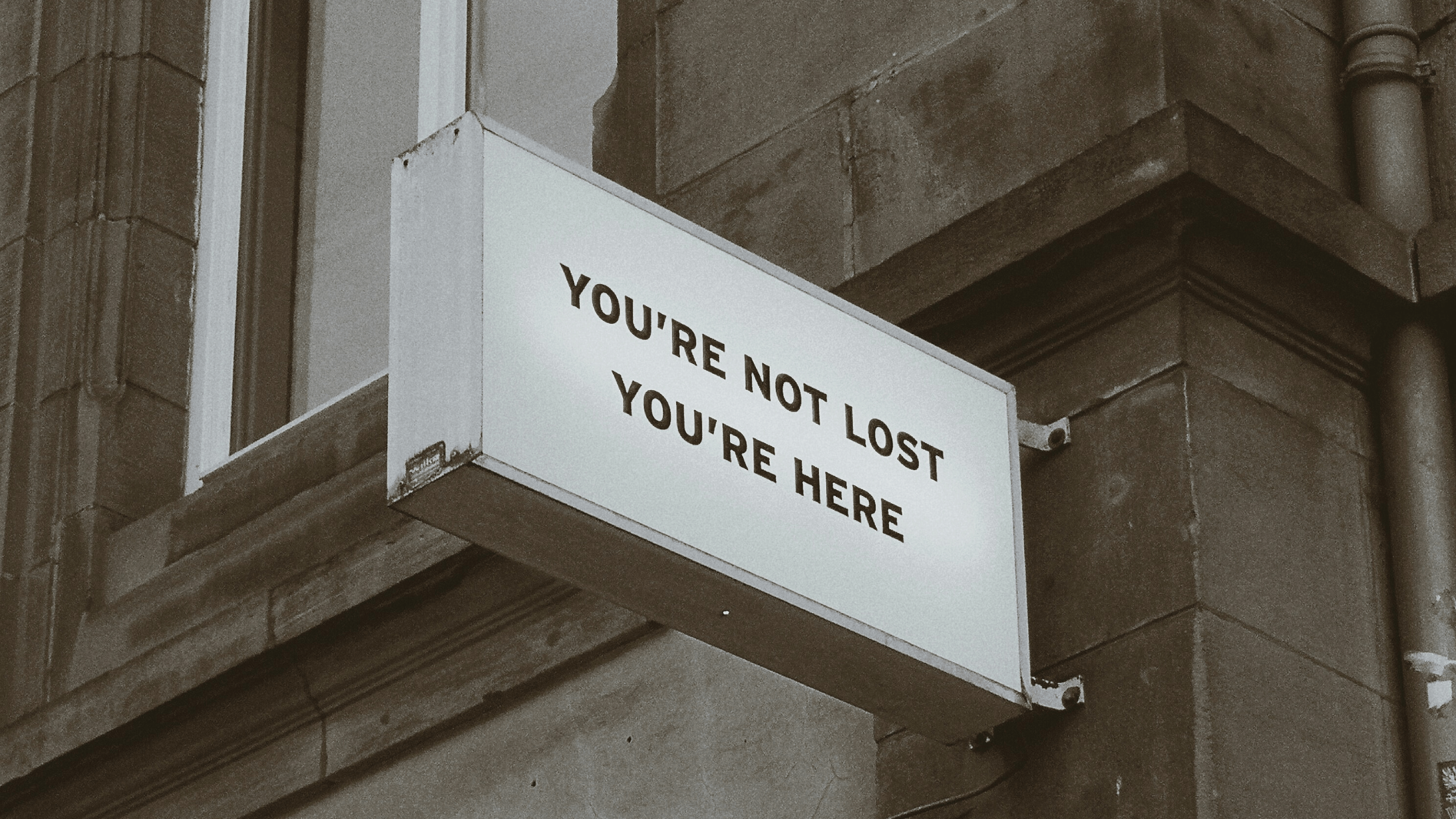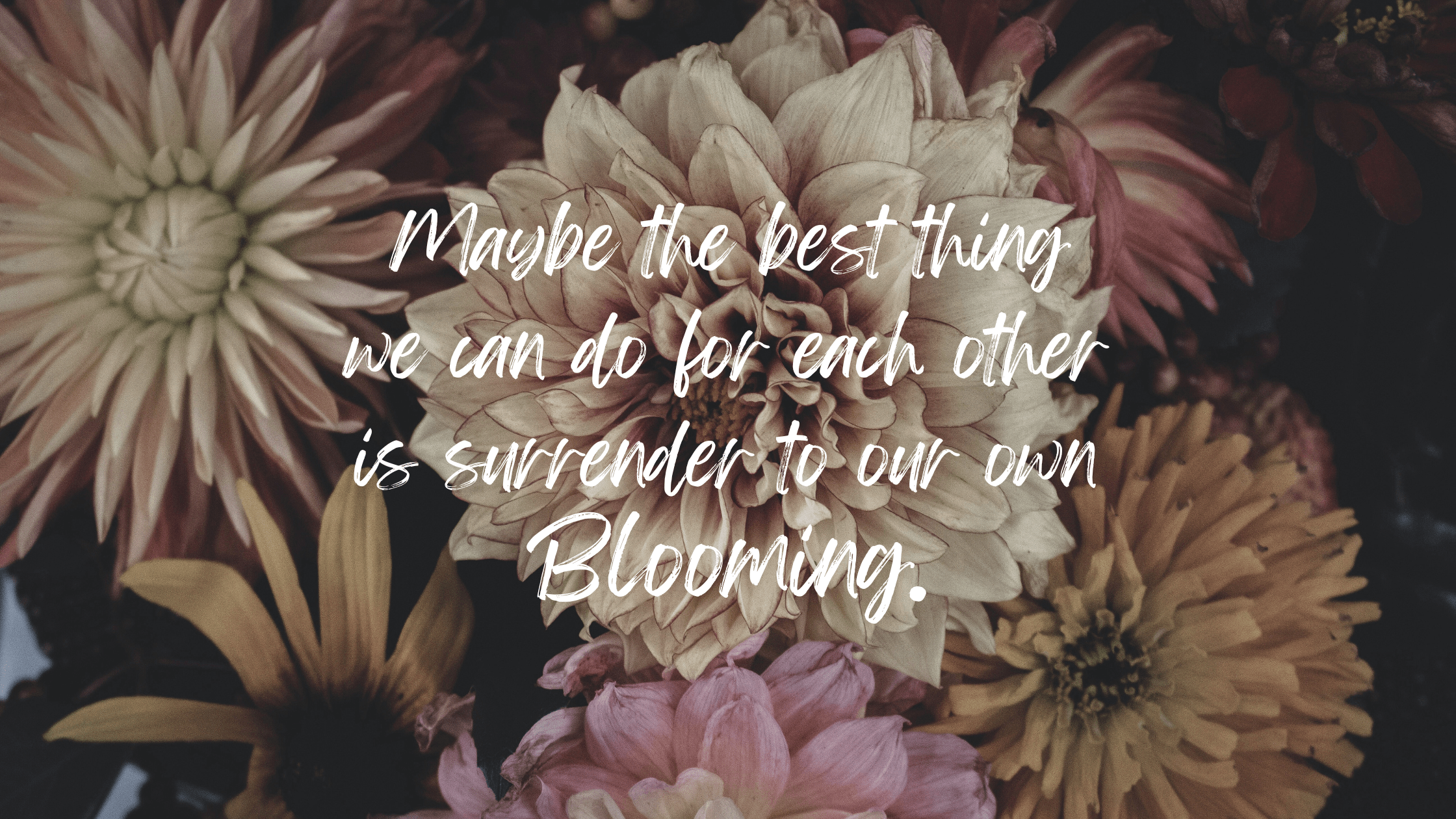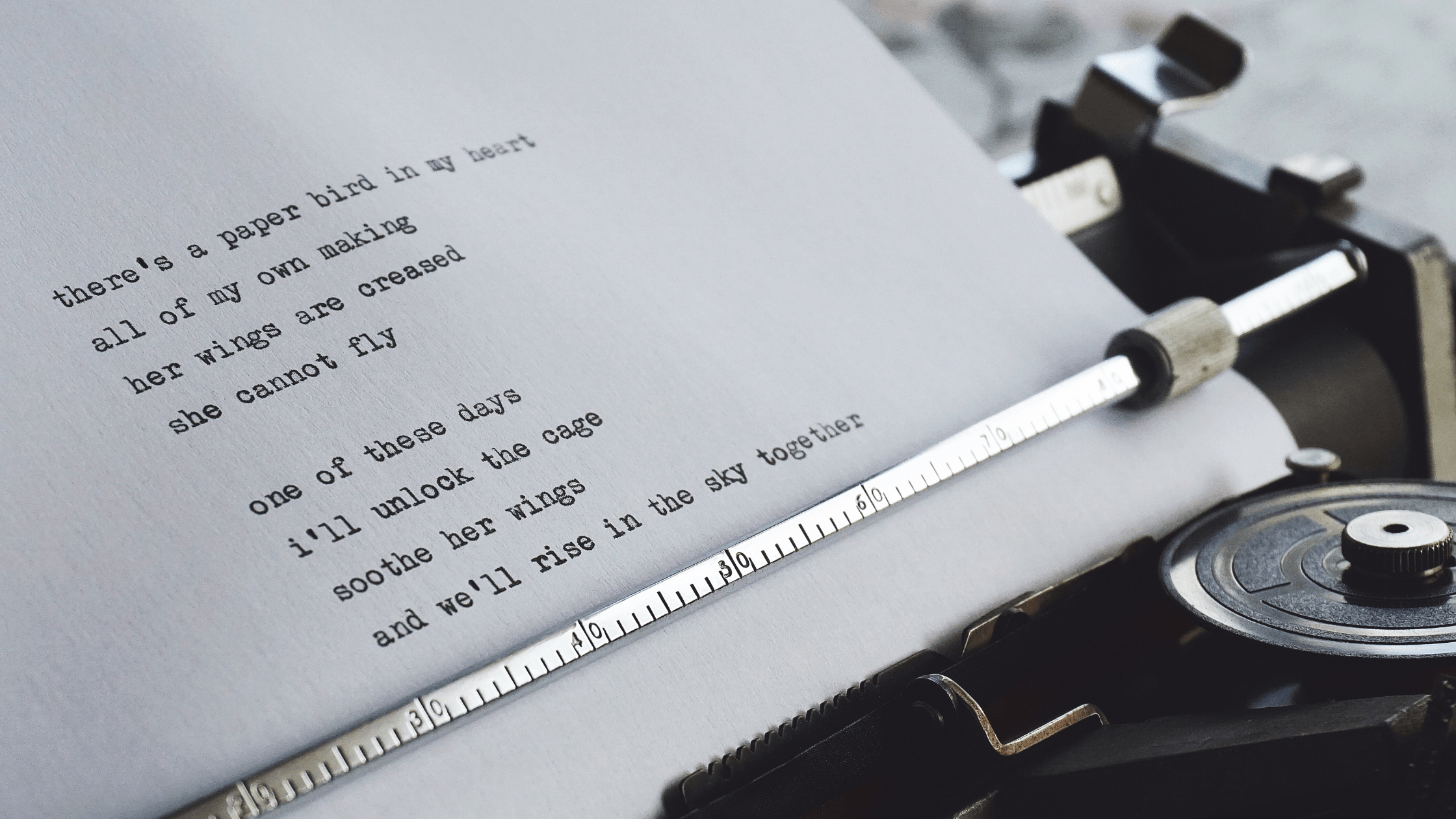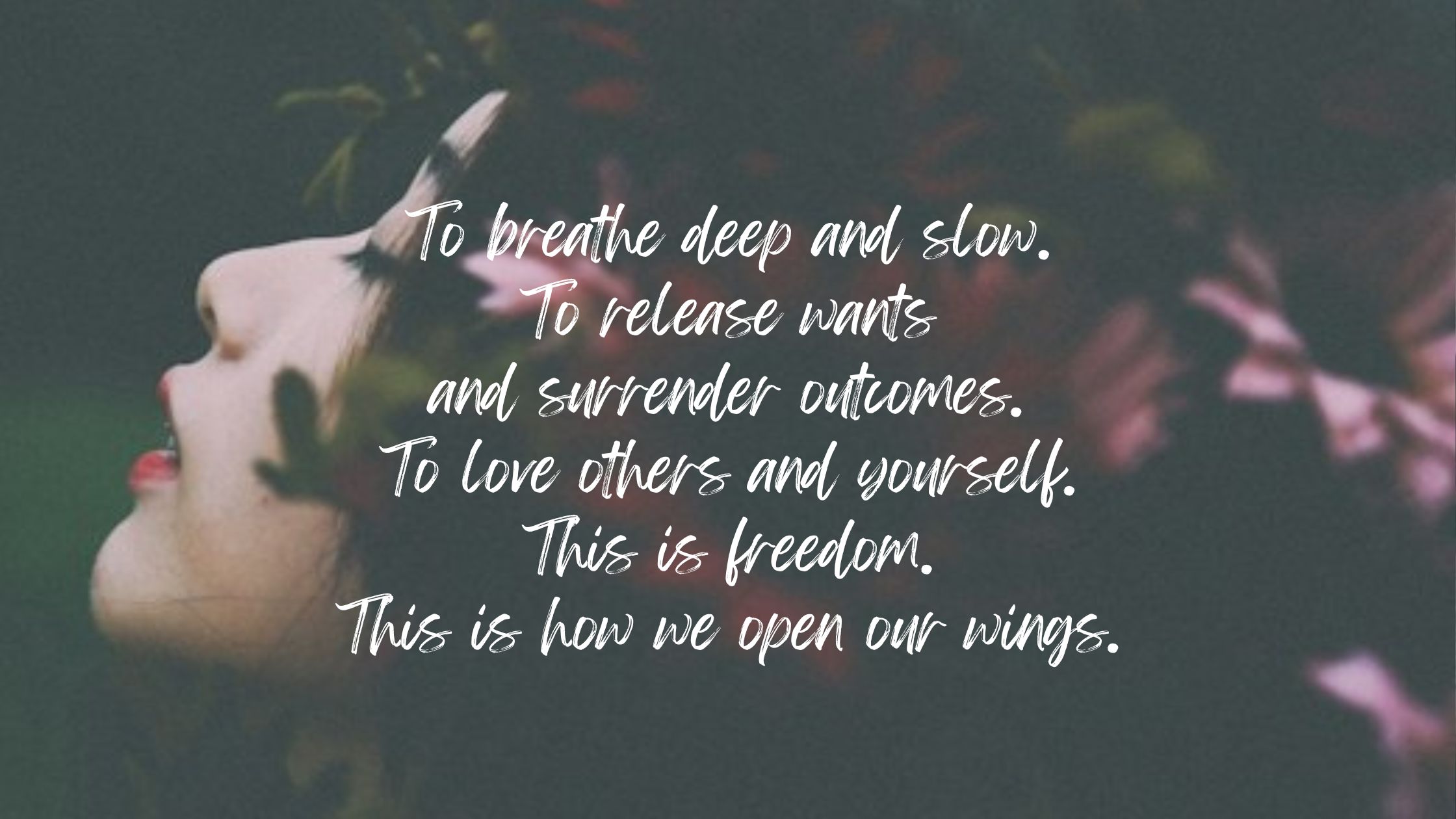
Visual Techniques for Dealing with Painful Thoughts and Emotions: The Power of Imagination
I’ve started using a visualisation technique to help me navigate thoughts and emotions that threaten to sabotage my peace and joy – it’s working.

I’ve started using a visualisation technique to help me navigate thoughts and emotions that threaten to sabotage my peace and joy – it’s working.

Have you ever flipped through your old journals and wondered, ‘who is this person?’

I believe journaling should be more than just dumping thoughts and feelings on the page – it should move our lives forward.

There is always light, even in the pitch-black darkness. In fact, the darkness itself can be a source of light. Your pain speaks as loudly as your joy, revealing deep truths.

We are mistaken when we believe we only get one chance to shine; reblooming can be a part of everyone’s life.


A sneak peak of my next collection.

It’s that heart-thumping instance where you stand at the crossroads of inspiration and practicality.

Happy Poetry Month – May you discover the poems that help you to breakthrough into a deeper, truer, freer and more fulfilling life.

Personally, surrender journaling offered me a path to unburden my soul and embrace life’s unpredictable tides with grace and resilience. By committing to this practice, I took significant steps towards emotional well-being.

I’ve started using a visualisation technique to help me navigate thoughts and emotions that threaten to sabotage my peace and joy – it’s working.

Have you ever flipped through your old journals and wondered, ‘who is this person?’

I believe journaling should be more than just dumping thoughts and feelings on the page – it should move our lives forward.

There is always light, even in the pitch-black darkness. In fact, the darkness itself can be a source of light. Your pain speaks as loudly as your joy, revealing deep truths.